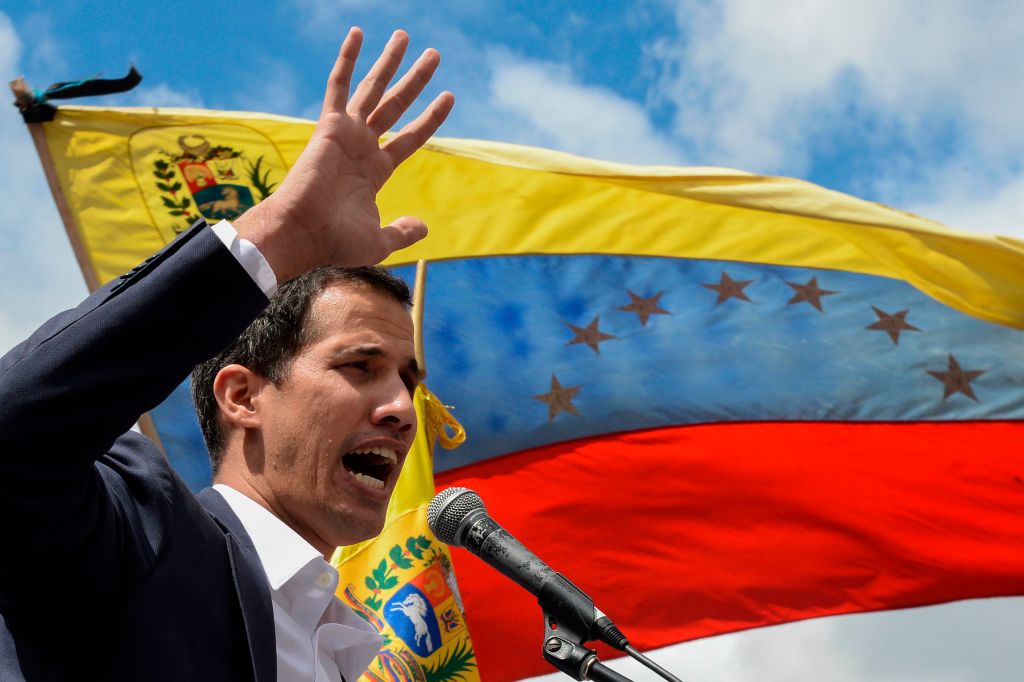The demonstrations he has organised in multiple Venezuelan cities also have a constitutional basis – in Venezuela, a demonstration of this sort is called a ‘cabildo’ (which translates roughly as a town hall meeting) – it holds legal weight and is an important mechanism in enabling Guaidó to mount a legal challenge to Maduro.
Despite claims of Trump’s administration plotting to bring down Maduro, the US has so far only offered words of support with no overt promise of military intervention. But could things escalate? The New York Times reported in September that Trump held secret meetings with Venezuelan rebels to talk about a possible US backed coup. With the Venezuelan army controlled by Maduro, it is difficult to see how Maduro could be unseated without the threat of military action from an outside player like the US or Brazil, whose president has been vocal about ending the regime.
There are, however, signs that a domestic challenge to Maduro might be imminent. The National Assembly recently passed legislation to pardon the army if it chose to support the introduction of an interim president. But whether enough momentum exists among soldiers for this to happen is far from certain: in recent years, Maduro dissenters within the army have been imprisoned, tortured and forced to find asylum and there is widespread fear within its ranks of speaking out against the regime.
What is clear is that Venezuela’s population is becoming increasingly desperate; living standards have deteriorated significantly since 2017. This is a government that has stripped its people of all their resources and livelihoods to the point where they have little to lose in taking to the streets. Those with common conditions like diabetes have no access to dialysis or medication, relying on family to ferry them over the border into Ecuador or Columbia or send medicine in the post from abroad. Monthly salaries and pension payments barely stretch to cover one weekly shop because of hyperinflation. And hijackings and kidnappings are so prolific that people in the cities do not venture into public spaces alone or go out after dark. Worst of all, its citizens are going hungry: Venezuelans lost an average of 11 kg in 2017.
If Guaidó succeeds and his commitment to democracy proves genuine – both big ifs – then he will have a monumental task on his hands. The Maduro regime has mismanaged and exploited the economy to catastrophic effect. Most young people with the means and skills to do so have already left the country. The remaining population’s reliance on black markets for currency, food and medicine will not be undone overnight: mafia-esque gangs have become both prolific and powerful in every major city. This will take some undoing.
It is also worth remembering that the Chavez presidency that preceded Maduro started off with plenty of benign intent. He was democratically elected on a platform of providing more employment opportunities for the poor, which initially he delivered through scholarships to study abroad and jobs in state-run companies. One has to hope that the US in backing Guaidó, have done their research. He is a relative unknown expressing all the right sentiments with a commitment to doing things by the book. But, however good his intentions are, this is a country with an uphill struggle ahead and a dictator who will not go quietly.







Comments